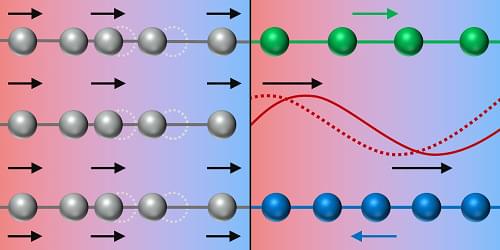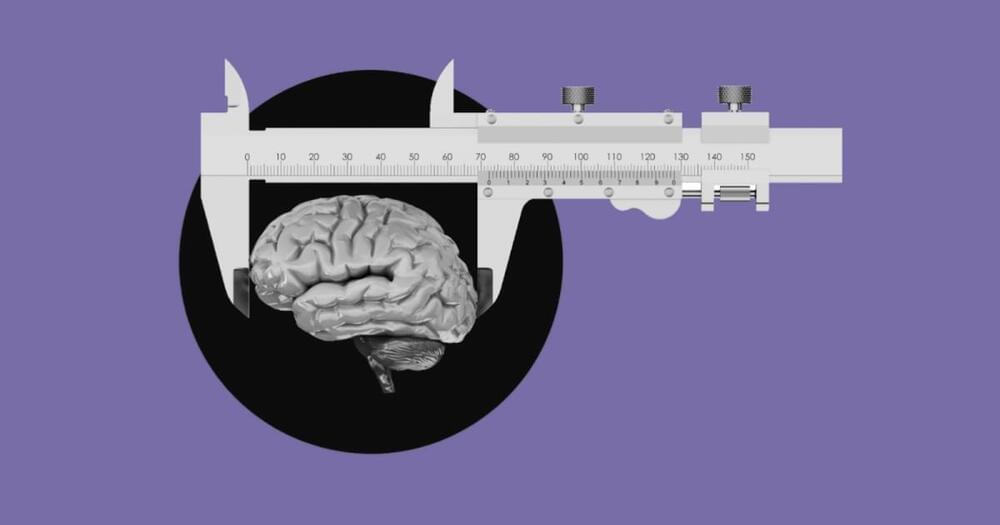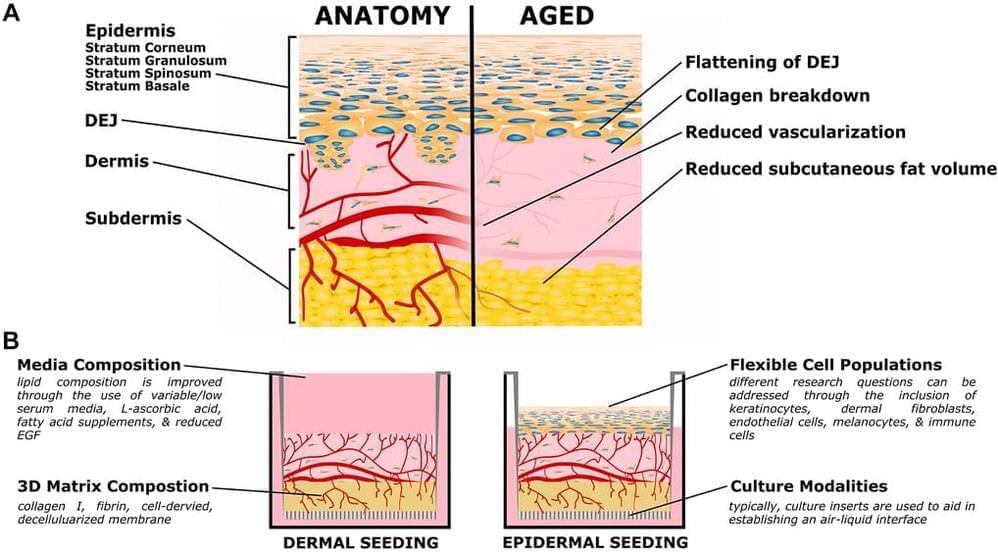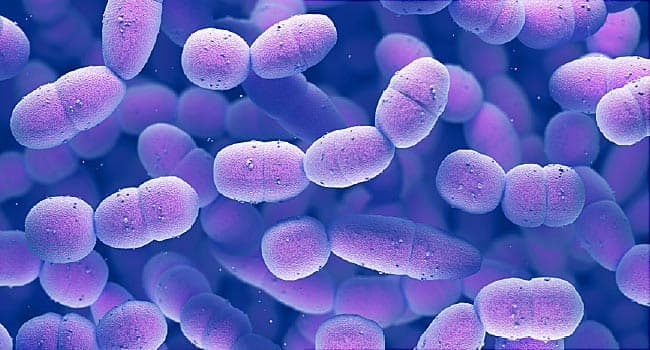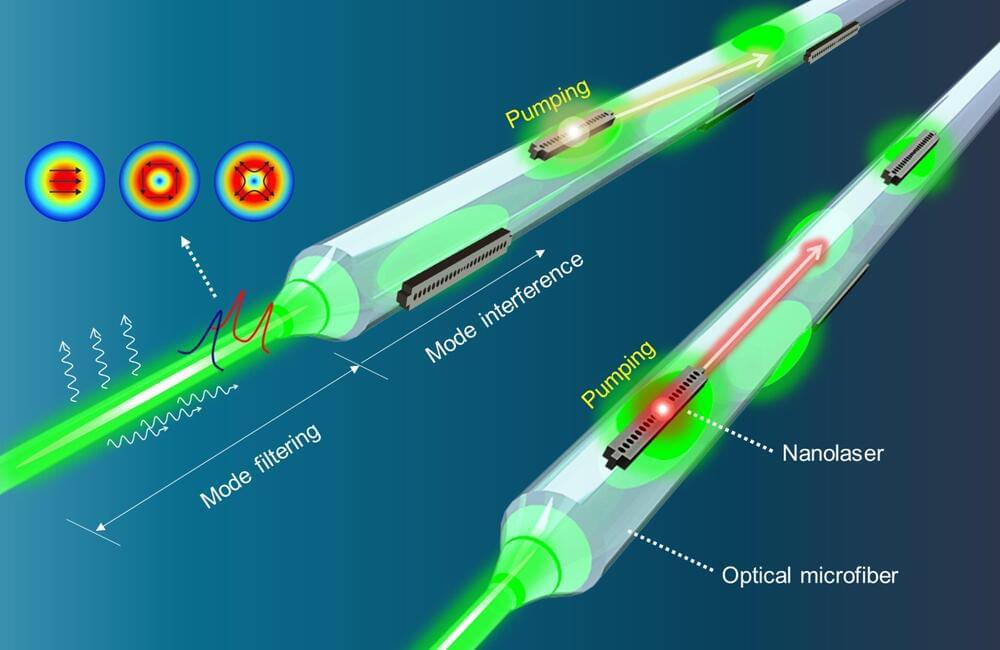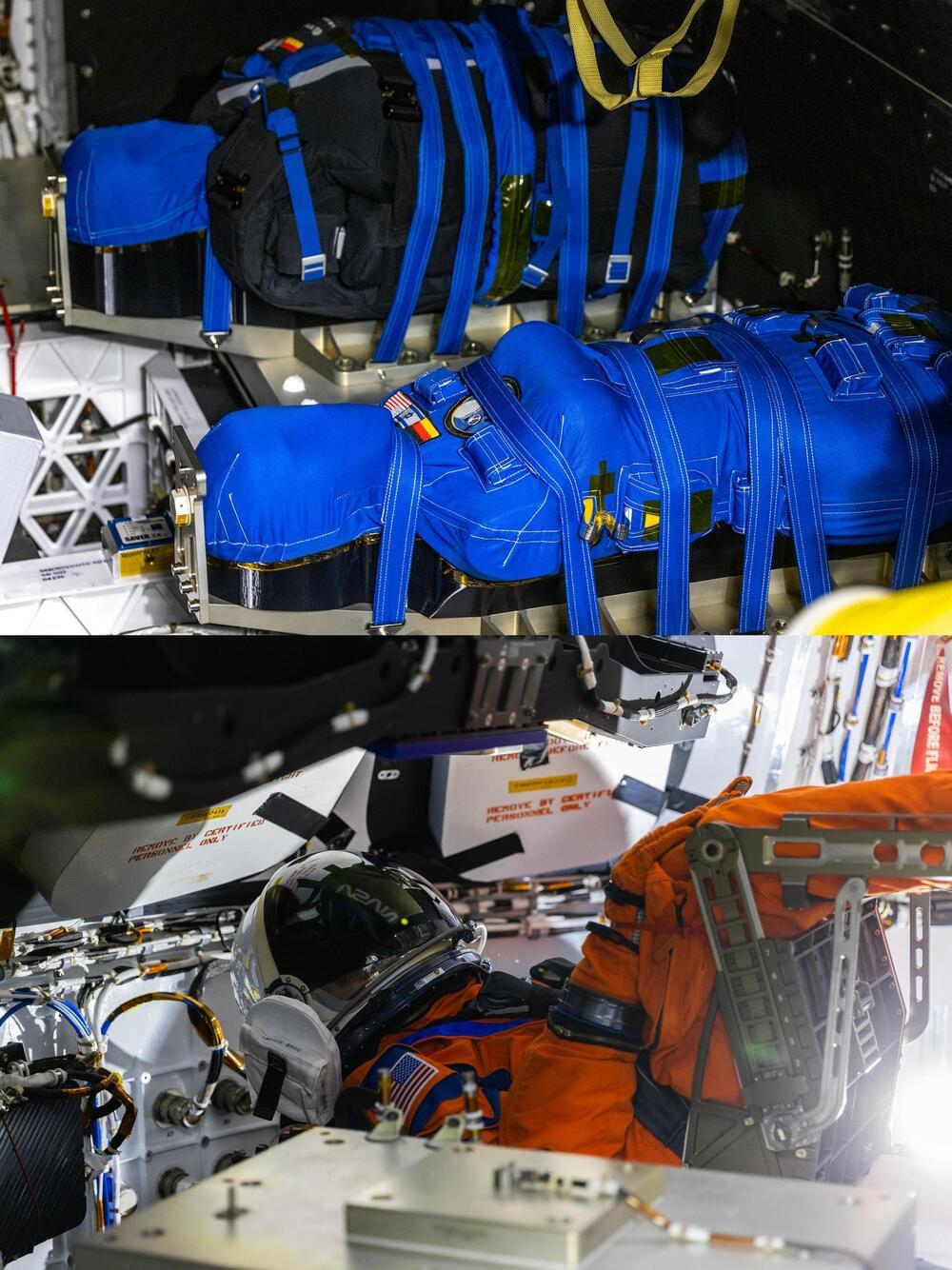Heat-transport measurements and neutron-scattering spectroscopy probe a form of thermal conduction based on excitations called phasons.
The understanding of how substances conduct heat is of great significance in materials science. It is needed for many important technological applications—from heat management in electronics to temperature control in buildings [1]. Therefore, when an unusual form of thermal transport is identified, materials scientists take notice. Michael Manley of Oak Ridge National Laboratory, Tennessee, and his colleagues have shown that excitations called phasons can provide the main contribution to thermal transport in a material known as fresnoite [2]. Phasons are collective lattice oscillations that occur in certain crystals with an aperiodic lattice structure—fresnoite being one of the best known. The researchers’ demonstration could pave the way for new heat-management strategies.
Thermal conductivity is a measure of a material’s ability to transfer heat. It is a property that we are all abruptly reminded of when we accidentally place our hand on a hot kitchen stove. The temperature gradient between our cooler skin and the hotter surface facilitates a transfer of energy into our hand, resulting in an unpleasant sensation. The notion that different materials conduct heat at different rates is similarly experienced when we perceive the cooling sensation of holding a metal spoon relative to a wooden one.
